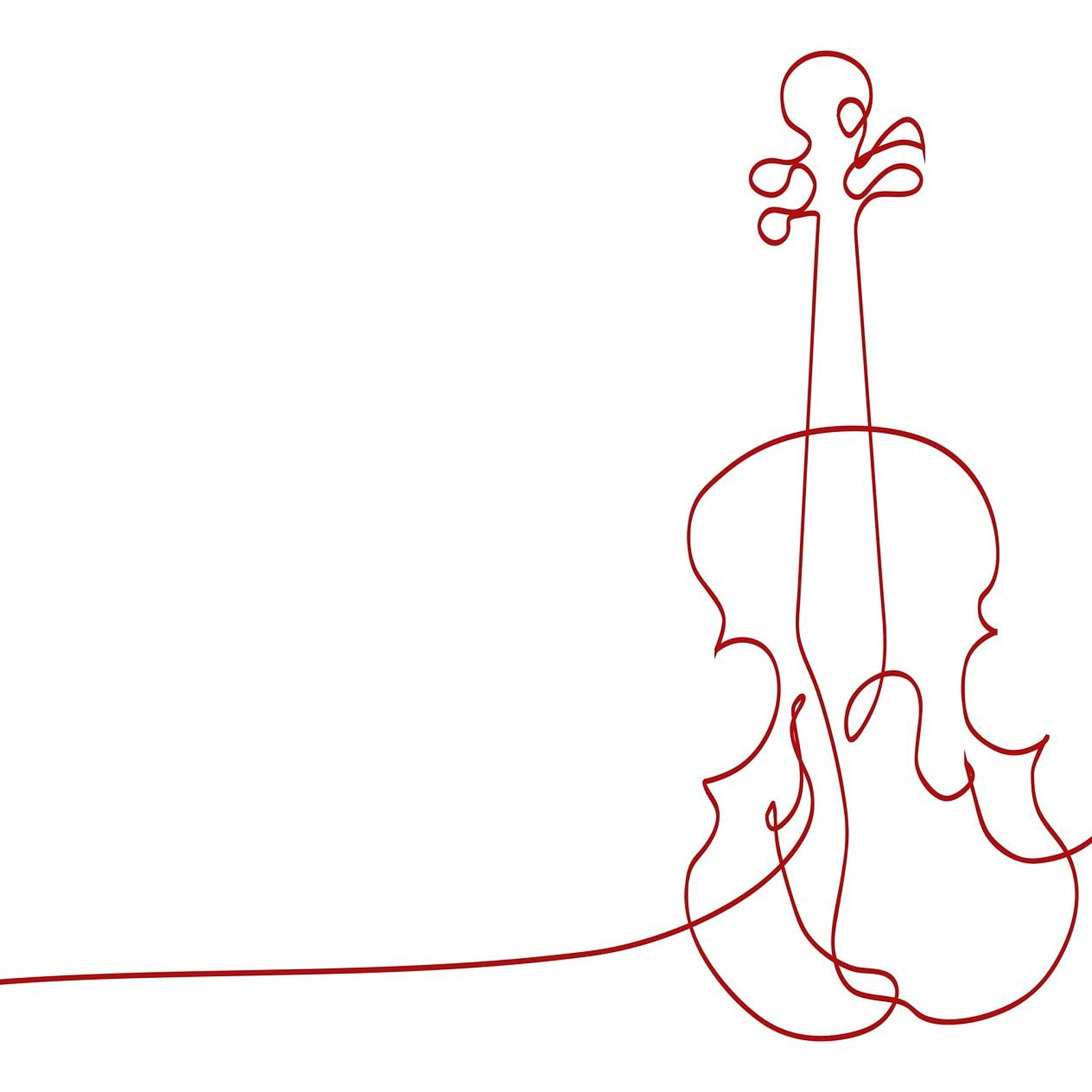The 18th century marked a transformative period for European violin culture, where the interplay of pedagogy, patronage, and music publishing fostered new forms of music practices and knowledge. The conference seeks to explore the multifaceted dynamics that influenced violin education and performance in relation to music theory and aesthetics during the Age of Enlightenment.
This event will investigate the teaching methods and repertoire in a century of increasing recognition and institutionalisation of violin 'schools', examining how social and political climates impacted music education, the careers of violinists, and the role of patrons in fostering musical talent and facilitating the circulation of music and musicians. The mobility of violinists and the networks they created will be analyzed, as well as the role of printers in shaping the music market, balancing local traditions with the demands of an increasingly international repertoire.
By bringing together scholars from diverse disciplines, this conference seeks to provide new perspectives on the legacy of 18th-century European violin 'schools' and their place in the broader history of musical culture. The conference papers will cover topics such as:
- transmission of musical knowledge within violin music training in the age of Enlightenment
- dissemination of teaching methods and repertoire in violin playing across Europe
- influence of the social and political climate of the 18th century on music education, patronage and the careers of violinists
- violinists' mobility and related European music networks
- the role of patrons in the circulation of music and musicians within 18th century Europe
- the role of women in violin music education and performance during the 18th century
- printers and the music market: regional vs. international repertoire
- evolution of violin construction and its influence on playing techniques
- up-to-date scientific criteria in editions and catalogues
- preservation and archiving of collections related to historical music ‘schools’
- interdisciplinary methods for the reconstruction of historical music training
- reception and historiographical perspectives on 18th-century violin training
Scientific Committee: Agnese PAVANELLO, Cristina SCUDERI, Gesa ZUR NIEDEN
Location
University of Graz, Institute for Arts and Musicology, Meerscheinschlössl - Mozartgasse 3, 8010 Graz
Date
19-21 May 2026
Length of Presentations
Presentations should be 20 minutes long and will be followed by an additional 10 minutes for questions and discussion. The conference language is English. The event will be recorded on video. Any enquiries regarding the conference should be sent to: nora.eder@uni-graz.at
Applications
Applications should include:
- an official version of your abstract of a maximum of 300 words;
- a short bio of a maximum of 150 words.
Please send your files to: nora.eder@uni-graz.at
Deadline for submission of proposals: November 30, 2025
Deadline for notification of acceptance of proposals: December 15, 2025
